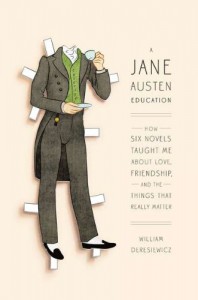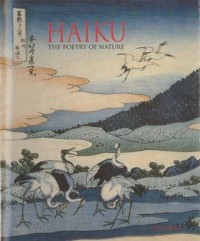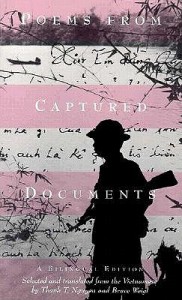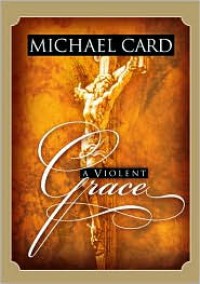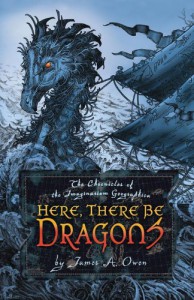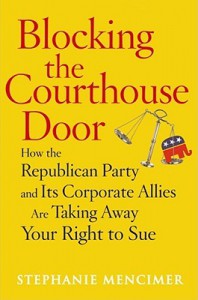The Joy Of Calvinism: Knowing God's Personal, Unconditional, Irresistible, Unbreakable Love
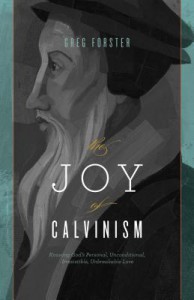 If you asked people what they picture when someone says Calvinism, the chances are good that it will be some dour-faced Puritan. Calvinism has a reputation as a stern doctrinal tradition. But Forster points out that Calvinism is about love and joy. Instead of using the traditional TULIP, Forster talks about the doctrines of Calvinism in terms of love - God's personal, unconditional, irresistible, and unbreakable love for us. Forster calls on his readers to bask and revel in the love that God has shown for us by choosing us, saving us, and sanctifying us.
If you asked people what they picture when someone says Calvinism, the chances are good that it will be some dour-faced Puritan. Calvinism has a reputation as a stern doctrinal tradition. But Forster points out that Calvinism is about love and joy. Instead of using the traditional TULIP, Forster talks about the doctrines of Calvinism in terms of love - God's personal, unconditional, irresistible, and unbreakable love for us. Forster calls on his readers to bask and revel in the love that God has shown for us by choosing us, saving us, and sanctifying us. "For the Calvinist, God's love for us is absolute as his holiness. Just as God's saving work reaches all the way down to the bottom of the unfathomable depths of our sin, his saving love goes all the way up to the very core of the divine Being. His holiness does not require him to demote us in the great scheme of his valuations. In all the universe, we are his favorite, the created beings that glorify him most."


